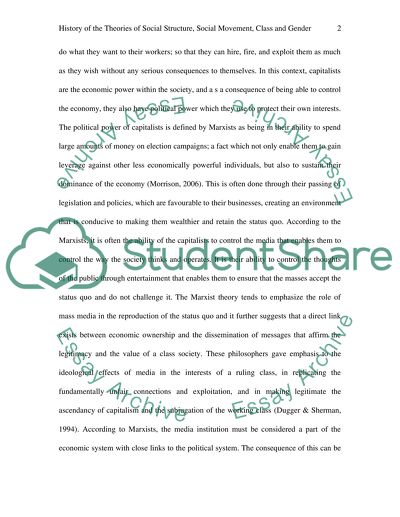Cite this document
(“OUTLINE WHAT YOU HAVE LEARNED ABOUT THE HISTORY OF THE THEORIES OF Essay”, n.d.)
Retrieved from https://studentshare.org/sociology/1494654-outline-what-you-have-learned-about-the-history-of
Retrieved from https://studentshare.org/sociology/1494654-outline-what-you-have-learned-about-the-history-of
(OUTLINE WHAT YOU HAVE LEARNED ABOUT THE HISTORY OF THE THEORIES OF Essay)
https://studentshare.org/sociology/1494654-outline-what-you-have-learned-about-the-history-of.
https://studentshare.org/sociology/1494654-outline-what-you-have-learned-about-the-history-of.
“OUTLINE WHAT YOU HAVE LEARNED ABOUT THE HISTORY OF THE THEORIES OF Essay”, n.d. https://studentshare.org/sociology/1494654-outline-what-you-have-learned-about-the-history-of.


